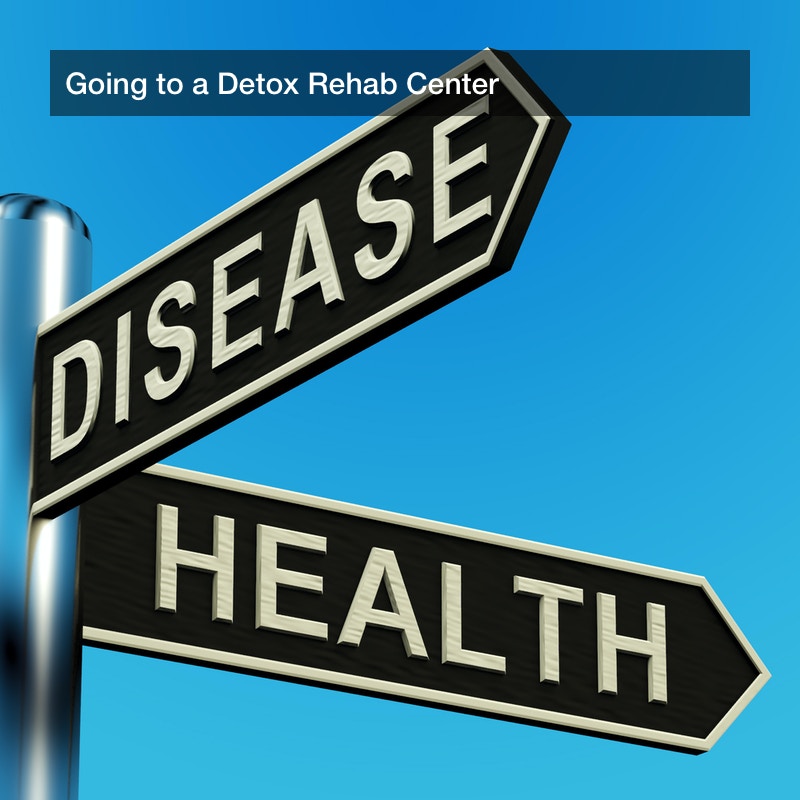
It is an unfortunate truth that many Americans, even teenagers, are addicted to illegal and powerful drugs. These drugs, such as heroin and others, are known to radically affect a person’s life and health in many ways. Often, addicts may cut themselves off from friends, family, and co-workers, and they may go into bankruptcy to fund their drug habit. Drug addicts often run risks of overdosing on their chosen drug, and they often loses their jobs or even their homes. Fortunately, there are many services and medical centers available to help a drug addict get free of their drug habit, and a rehab detox center is one such place. Getting free of drugs isn’t easy, and attempting the detox process alone can be risky. However, at a rehab detox center, medical professionals will oversee the process and ensure that it is safe and effective. Meanwhile, Americans may find family practice doctors to get a medical professional who can take care of the entire family, and family members may consult a family doctor to find effective rehab detox centers in their area.
Americans and Drug Use
Who is using drugs? Many Americans, some as young as 12 years old, are addicted to illegal and dangerous drugs. Often, Americans start their addiction with prescription painkillers, then start abusing those drugs or use them as a gateway to other substances. In fact, four in five Americans who abuse heroin started out by misusing prescription painkillers. Nearly 23% of Americans who use heroin may develop an opioid addiction, and this addiction may endure for years. As of 2015, for a fairly recent example, an estimated total of 21,000 adolescents had used heroin in the last 12 months, and about 5,000 of them were current heroin users. As of 2014, the year before that, some 6,000 adolescents had a heroin use disorder.
Using drugs can kill. Overdosing is a typical hazard of using these drugs (among other things), and statistics are compiled to find out the fatality rates. It turns out that drug overdose is the leading cause of accidental death in the United States, with 52,404 lethal overdoses taking place in 2015 alone. Painkiller addictions and overdoses caused some 20,101 fatalities, and 12,990 heroin-related overdoses took place in that year. Tragically, even teenagers or kids as young as 12 years old are using these drugs and dying due to overdosing. Concerned friends and family members of drug abusers often stage interventions, to confront the drug user and force him or her to face their habit and realize the impact that it is having on everyone’s lives. And if the drug user agrees, they will go to a rehab detox center to start getting clean. A family doctor may also be able to recommend a good place for this, and advise the drug user on what to expect.
Drug Recovery
The first step to kicking a drug habit is to cleanse, or detox, the body of all drug substances. This involves many unpleasant side effects, some of which may even threaten a life if there aren’t medical professionals nearby. Drug users are discouraged from attempting a detox procedure alone at home, where no one can help them (and they may relapse anyway). Rather, a drug addict may go to a rehab detox center and start this procedure with medical professionals monitoring them. The drug user may spend a few days at this center while detox is in progress.
What might this look like? During detox, a drug user may go through some combination of various symptoms, depending on the drugs that they used. Insomnia, chills, vomiting, headaches or migraines, anxiety, and dysphoria may be expected. And with more serious drug detoxing, serious symptoms such as goosebumps and even seizures may be expected. And if the patient endures all this, he or she may then begin a therapy or counseling program to fully get them committed to a drug-free life and minimize the chances of relapsing. Support from friends and family, and other rehab patients, can make this process easier. Consulting a family doctor may also be a fine idea, and help the patient and their family deal with any health issues they face along the way and resist the temptation to relapse into drug use.
